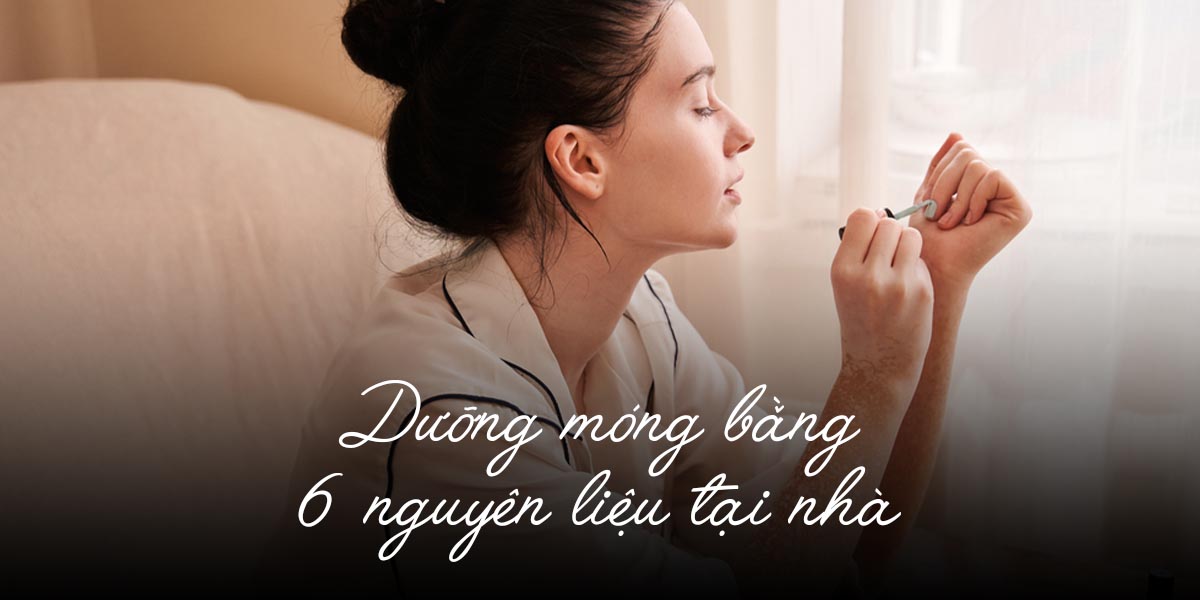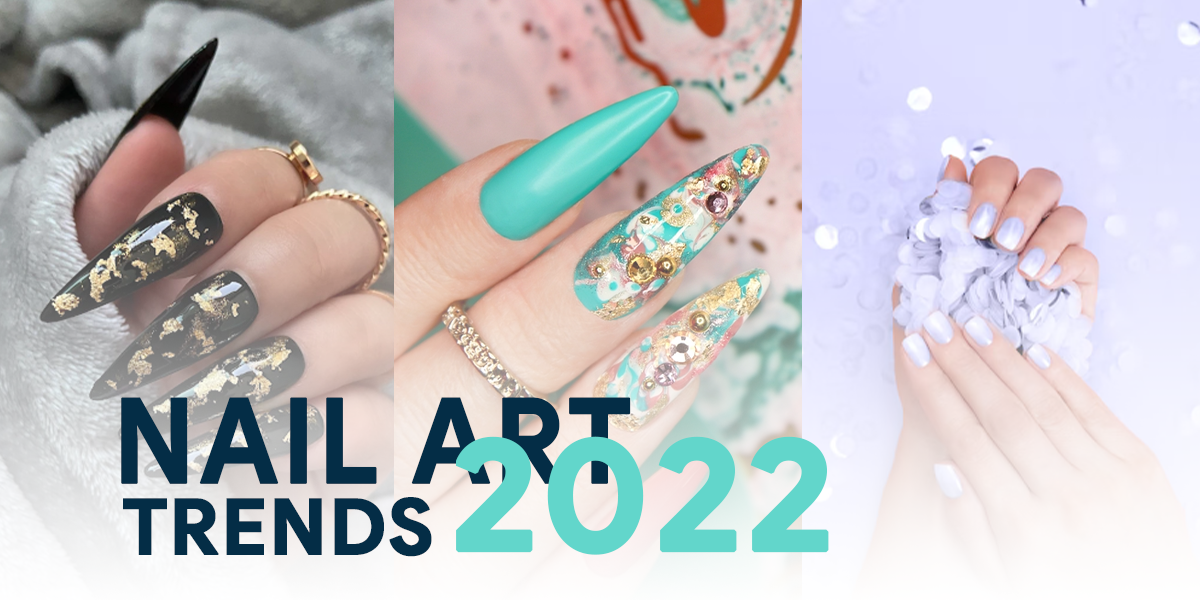Đây là một bài báo mà người điều hành và chịu trách nhiệm của Miniluxe phát biểu … Theo như ông Tony Pino, với $23 triệu đầu tư trong năm qua sẽ dùng để phát triển thêm 10 tiệm nữa tại Dallas vào cuối năm nay 2016 . Cũng theo như lời ông phát biểu, không phải công ty của ông không đủ sức để xây dựng cả trăm tiệm mà điều quan trọng là cần sự kiên nhẫn và xây dựng nền tảng đúng và chắc chắn, trước khi phát triển chuỗi Miniluxe theo dạng starbucks.
Cũng theo như ông Tony phát biểu, thì những nhà đầu tư đã thấy được tiềm năng trong việc phát triển nghành nail nhưng họ vẫn chưa hài lòng về việc phát triển hơi chậm của Miniluxe, và muốn có những lợi nhuận từ việc đầu tư về nghành nail sớn hơn . Nhưng theo ông Tony thì việc đầu tư đó không thể có lợi nhuận ngay mà cần phải có thời gian dài hơn …
Nếu sức ép của các nhà đầu tư mạnh hơn, và nếu cuối năm nay miniluxe lai them 10 tiệm nữa để kiện toàn nền tảng …. thì không biết năm tới 2017 họ có toàn lực phát triển cả trăm tiệm hay không? Và nếu họ phát triển thì nghành nail Việt có bị ảnh hưởng trầm trọng hay không?
One company has already demonstrated that a higher end chain concept for nail salons can work. MiniLuxe, founded in 2007, is a chain of 10 nail salons in Boston and now Dallas. Tony Pino, MiniLuxe’s director of business development, says that CueBall, the investment company which founded and backed the salon chain, was looking for an industry it could “Starbuck.” “We were saying, ‘What is something that is big but not good, that kind of succeeds in spite of itself?” Yep, nail salons, ripe for turning into Frappuccinos.
According to a January Times article, the company raised $23 million in venture capital which it used to expand to Dallas. Pino says that the company hopes to DOUBLE THE AMOUNT OF STORES BY THE END OF THIS YEAR. He’s non-committal about tackling New York:
“WE COULD BUILD A HUNDRED STORES, BUT WE THINK IT’S IMPORTANT TO BE PATIENT AND DO THINGS RIGHT AND WE’LL EXPAND TO OTHER MARKETS IN DUE TIME,” he says.
MiniLuxe, like the two NYC salons, distinguishes itself with a high level of hygiene, service quality (the company custom designed all of its own tools and boasts a standardized 35-step mani), safety and air quality and, yes, ethical labor practices. Pino notes that nail techs make $40,000 to $60,000 per year, thanks to a combination of an hourly wage that averages $15/hour, tips that average $7/hour and commission on retail sales in the shop. A manicure costs $20.
But it might not be easy to scale or even make a profit in nail salons. Pino notes that the business is capital intensive, takes a long time to see a return, and is operationally complex. “This is a very hard business to be in,” Pino says. “It’s taken us a long time to start to get things right. We initially had to be patient. Most people choose where to go get a service based on convenience and price. Eventually people started to understand that coming to MiniLuxe meant something different.”
Due to the horrifying issues that have come to light, that part will likely be easier for future investors or entrepreneurs in this space to overcome since consumers now have a better understanding of what that low price is actually paying for. But potential investors be warned: “We’ve been in the space a long time and we love it, but it’s not a space where you would go to make quick money,” Pino says.
Nguồn: baonail














